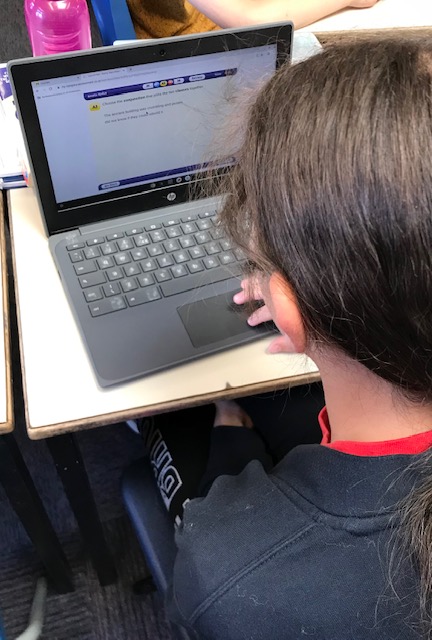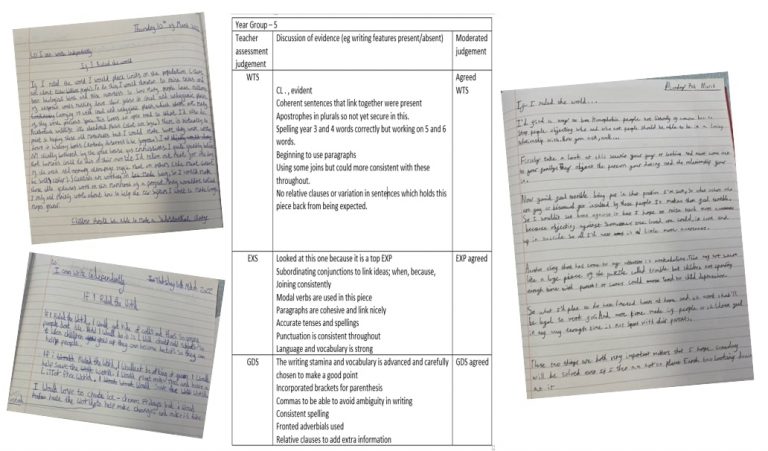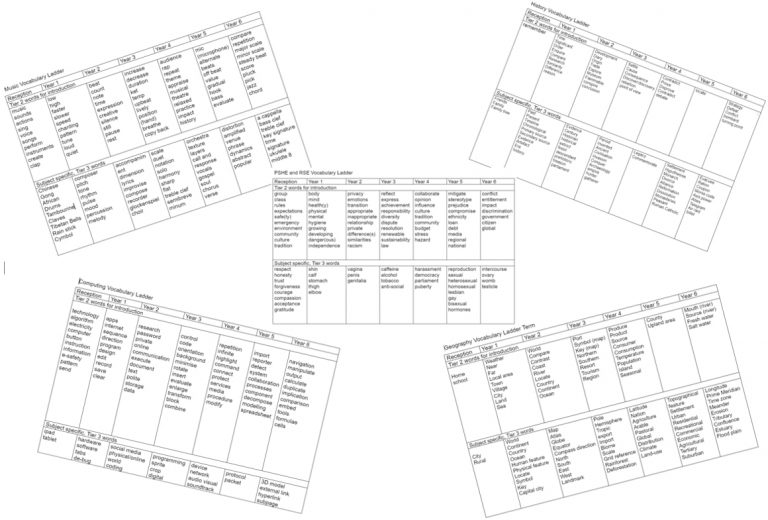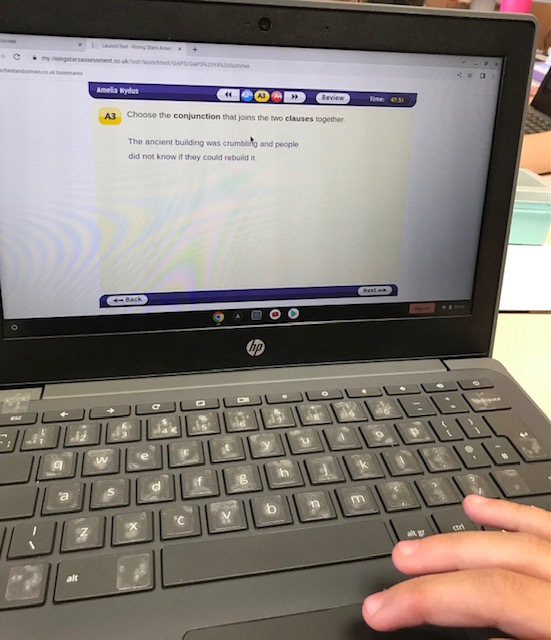Katrina Livingstone – English Lead:
As a school, we completed writing moderation each term. We met either with the year group above or below and moderated writing using the writing moderation grids. We now have a bank of moderated writing for each year group that was annotated and agreed by at least six members of staff. It can be used and accessed when we are assessing writing or making teacher assessments, by showing what a typical working towards, expected and greater depth piece of writing looks like in each year group. This is hugely beneficial.
Using our schools Literacy Progression Map we are able plan, teach spelling and grammar lessons, and make formative assessments. The SPAG testing gives us summative assessments and provides data and intervention points for each individual child. The results allow us to focus teach individuals by providing information for intervention teaching, planning next steps in class and creating success criteria for writing in class. This has been very helpful.
We are developing vocabulary lists for each subject. This is still a work in progress but has been useful for year groups to know what the most important language is that they are using with their classes. It reminds teachers to specifically teach vocabulary, use it often for it to be effective and helps children to remember and use the vocabulary. It has also helped subject leaders have a more detailed view of their subject and the way that they are being taught in year groups.”
Pupil Perceptions:
What do you like about writing?
“Writing is fun as you get to use your imagination. I like writing because you can be imaginative when writing stories.”
What is the best piece of writing you have completed?
“I enjoyed making posters about Food and Farming. I liked putting the research and pictures and bubble writing together.”
How do you know when your writing is good?
“When my handwriting is joined and neat. So when you read it back and it has punctuation, adverbs and adjectives in it.”
What is your favourite piece of writing?
“I like writing for homework and when we have big projects. I prefer a big piece of writing that you have to come back to and improve.”




